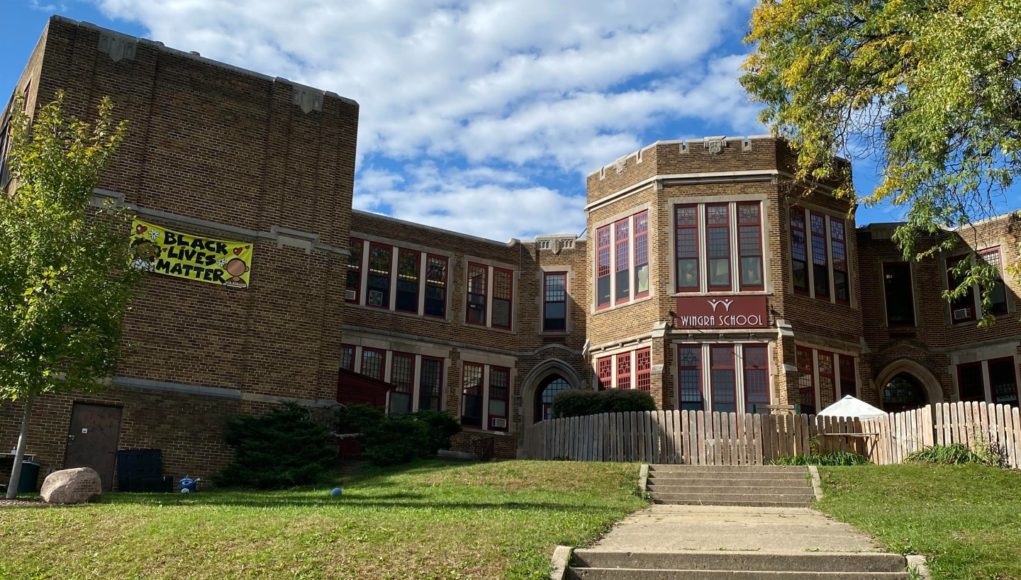Starting in the 2022-2023 school year, Wingra School – an independent, progressive school that serves students aged 5-14 on Madison’s near west side, is changing its tuition model as one aspect of a multi-layered approach to increasing equity within, and access to, its programming. With TEAM – Tuition Equity and Accessibility Model – every family is given an individual tuition rate based on their financial picture.
The school will do away with its traditional model of offering financial aid to families to cover a portion of tuition, while other families pay the full rate. What replaces it is a bit complex, but the long and short of it is this: rather than receiving financial aid, as would happen in the traditional model, families will have a custom-made “full tuition” that is tailored to their family’s means.
Johanna Schmidt, the Director of Enrollment and Marketing, said the Board of Trustees has been working to create a new tuition model for almost three years, and “as part of that work, they researched other independent schools around the country, to see what made the most sense, knowing that the financial barrier to enrolling at Wingra was something that was making our school unattainable for many people in Madison,” she said. “We knew that lowering the financial barrier was something that we really wanted and needed to do.”
“Our vision was a tuition model that would invite every family to invest in the school at a level that’s equitable to their family and aligned with their financial circumstances,” said Head of School Debbie Millon. “We didn’t feel our current financial model was centering our values of inclusion and equity. We needed to reimagine our entire tuition system.”
“By focusing on Wingra’s core values, we are aiming to make the school more accessible to all members of the Madison community and to grow the economic diversity of our student body,” said Schmidt.
Millon concurred, and said she knows changing the tuition model is a big step, but only one step, toward equity. “It’s one piece of centering equity, looking at how our school is financed,” Millon said. “That doesn’t exist alone. We need to examine the programming we’re offering, how we are hiring, recruitment, and evaluating staff, and how we partner with others in the community.”
Millon said it’s not just about diversity for its own sake – a more diverse community leads to better education for all.
“In a classroom where there’s a variety of voices and experiences, the positive influence of diversity is felt.” she said. “We’re lacking in this if we’re more homogenous. We know that diversity is just one step. We need to also ensure that all of the voices, the experiences, the wisdoms are welcomed, not just invited; where a sense of belonging and participation is cultivated”
To learn more, schedule a tour and find out what your family’s individual full tuition might be, visit the Wingra School Admissions page.


































